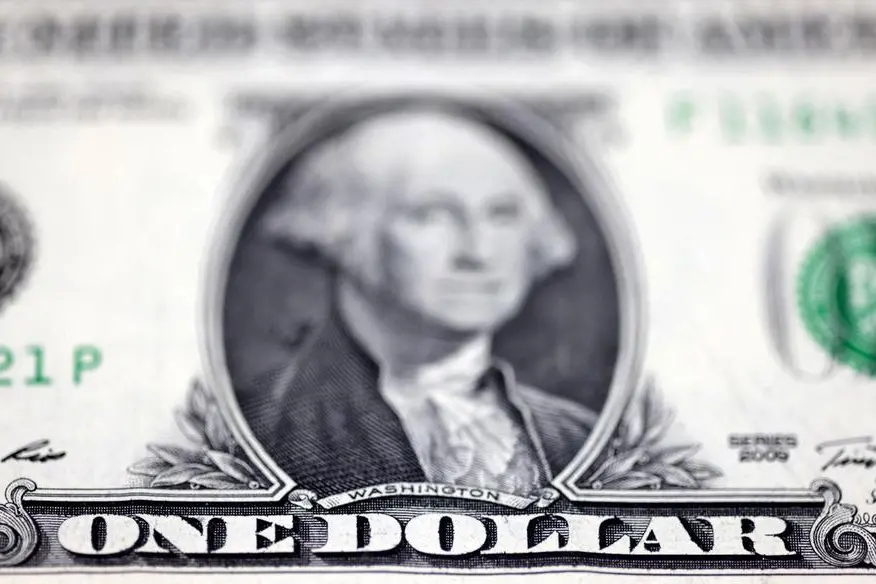PHOTO
The dollar edged up before U.S. inflation data, and the yen was on track to record its biggest daily drop against the greenback on Tuesday as expectations that the Bank of Japan (BoJ) could scrap its negative interest rate policy faded.
While forecasts are for core consumer prices to have risen 0.3% on a monthly basis in February, investors will be looking closely for any surprises, which could derail the pace of expected Fed rate cuts.
Analysts expect weak figures to back the optimism on disinflation Federal Reserve Chair Jerome Powell showed last week and trigger significant downside volatility for the dollar.
Jobs data released on Friday showed that underlying labour market conditions in the world's largest economy were softening.
The dollar index rose 0.05% to 102.84, having hit a roughly two-month low of 102.33 last week.
"The greenback benefits from being both a high-yielding and defensive currency," said Yvan Berthoux, foreign exchange strategist at UBS. "I think many investors are comfortable holding a long US dollar position in this environment, given also the resilience in the US economic data.
"The Fed is expected to start cutting rates this summer, but other central banks will probably do the same," he added.
In the broader market, the euro was flat at $1.0928, after hitting a roughly two-month high last week.
Analysts expect the European Central Bank to communicate on Wednesday the outcome of discussions on the Eurosystem’s operational framework review.
Money markets fully price in a first ECB rate cut by June and a total of 100 basis points of easing by year-end.
YEN ON TRACK FOR BIGGEST DAILY FALL IN A MONTH
BOJ Governor Kazuo Ueda offered a slightly bleaker assessment of the country's economy than he had in January, while Finance Minister Shunichi Suzuki said Japan was not at a stage where it could declare deflation as beaten. Their remarks come ahead of the BOJ's policy meeting next week.
"It remains our view that results from wage negotiations announced this week should provide the green light for the BOJ to begin tightening monetary policy next week," said Lee Hardman, senior currency analyst at MUFG Bank.
Wage demands "provided further evidence that wage growth is likely to be as strong if not stronger in the upcoming fiscal year," he added.
Japan's largest trade union confederation, Rengo, has demanded pay rises of 5.85% this year, topping 5% for the first time in 30 years.
The yen was last 0.33% lower at 147.47 per dollar, its biggest daily fall since Feb. 13.
"Until we have clear evidence about a normalization process from the BOJ (on an exit from its ultra-dovish monetary policy), corrections on USDJPY provide an opportunity for market participants to jump into carry longs again," said UBS' Berthoux.
One-week implied volatility on dollar/yen, which measures expectations for price swings in the currency pair, jumped to 12.115% on Tuesday, its highest level since December, and was last at 11.992.
In cryptocurrencies, bitcoin was down 0.1% to $72,067, but remained just a whisker away from a record high set in the previous session.
Ether peaked at $4,093.70, its highest since 2021, though later pared some of those gains to stand at $4,024.30.
(Reporting by Stefano Rebaudo, additional reporting by Rae Wee; Editing by Jamie Freed, Kirsten Donovan and Emelia Sithole-Matarise)





















